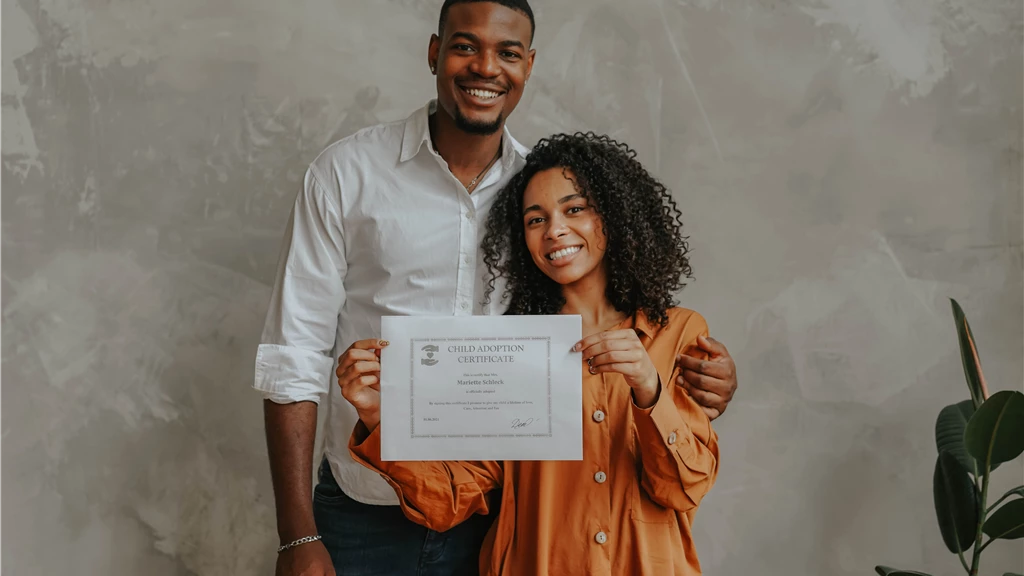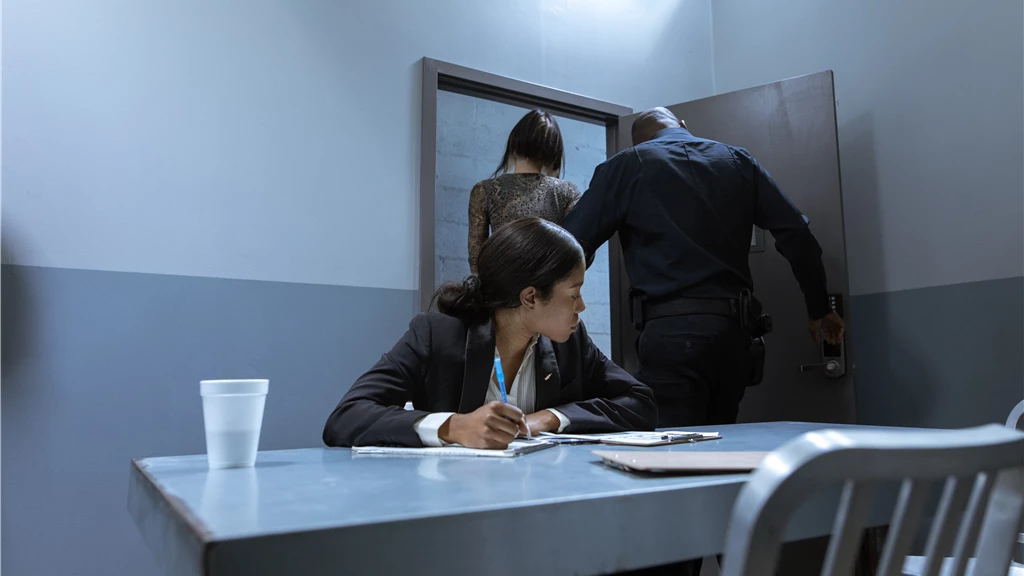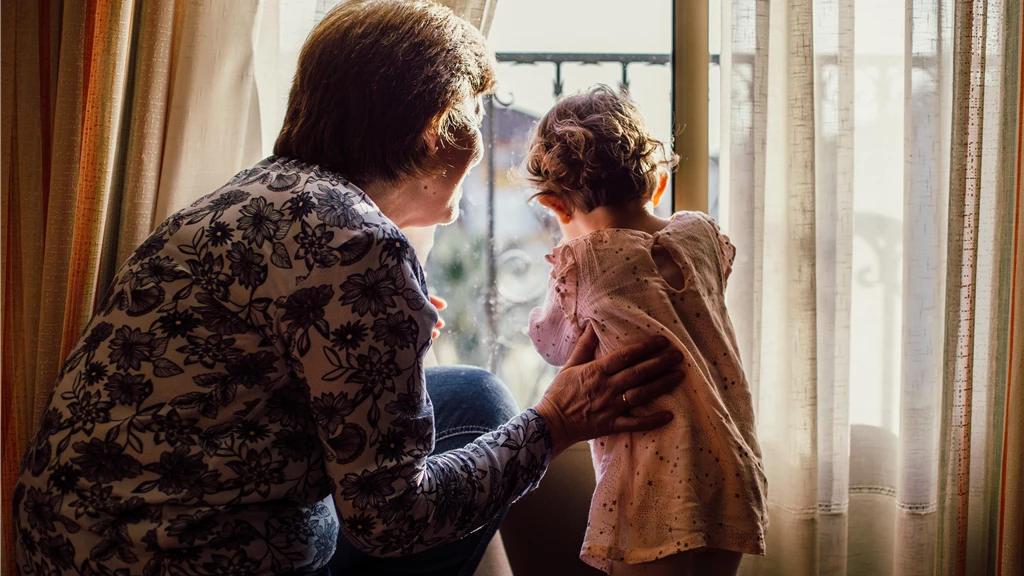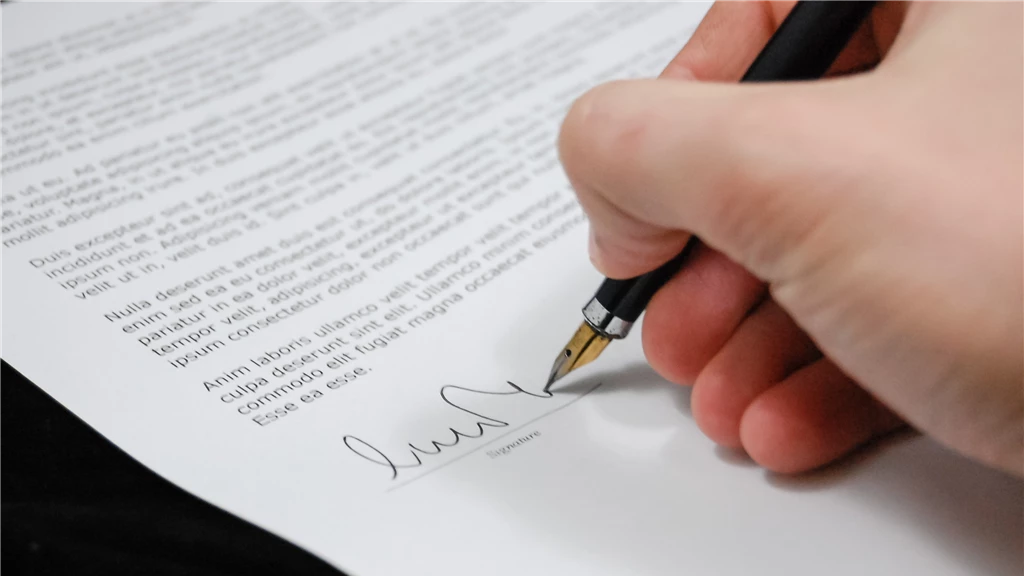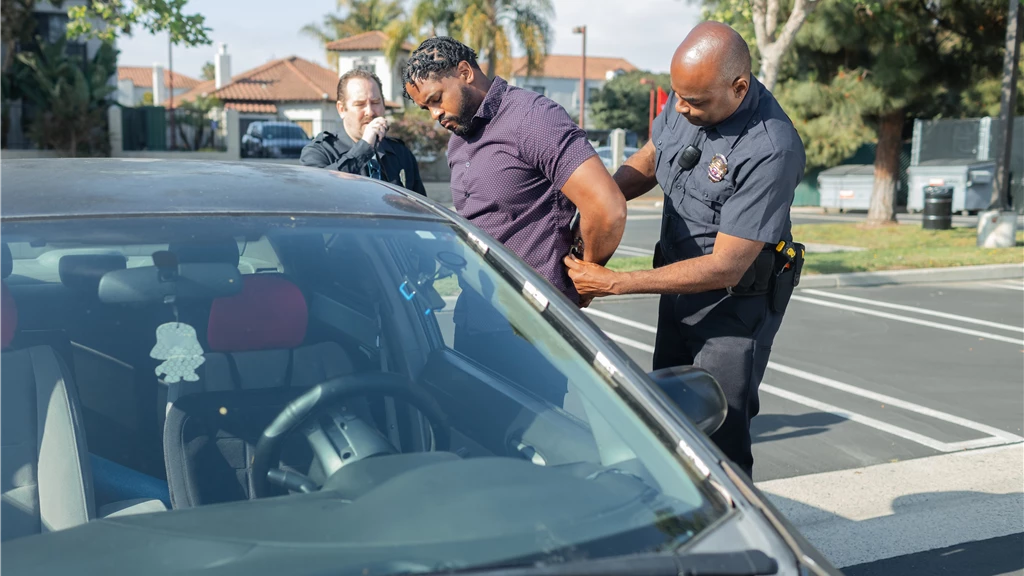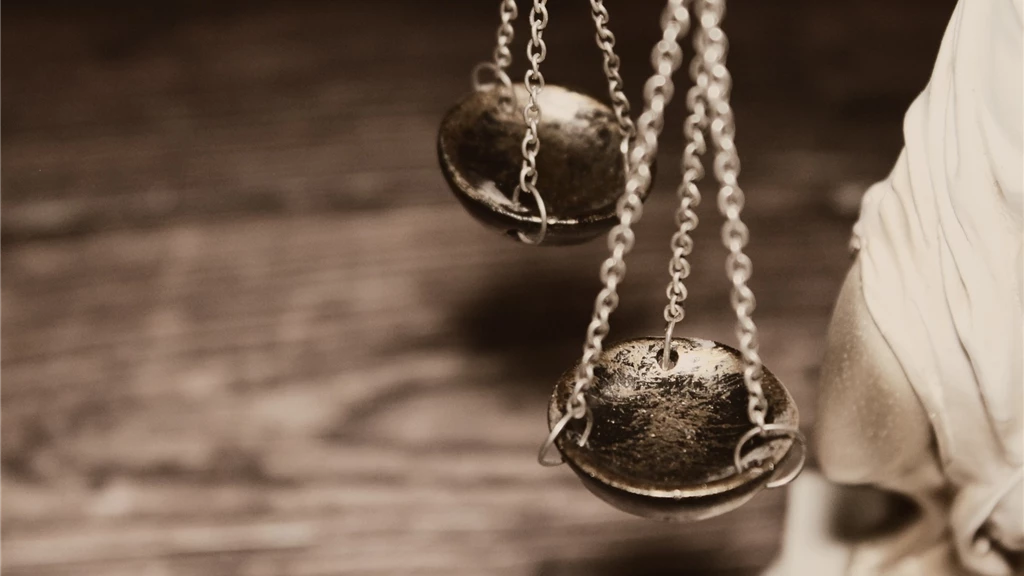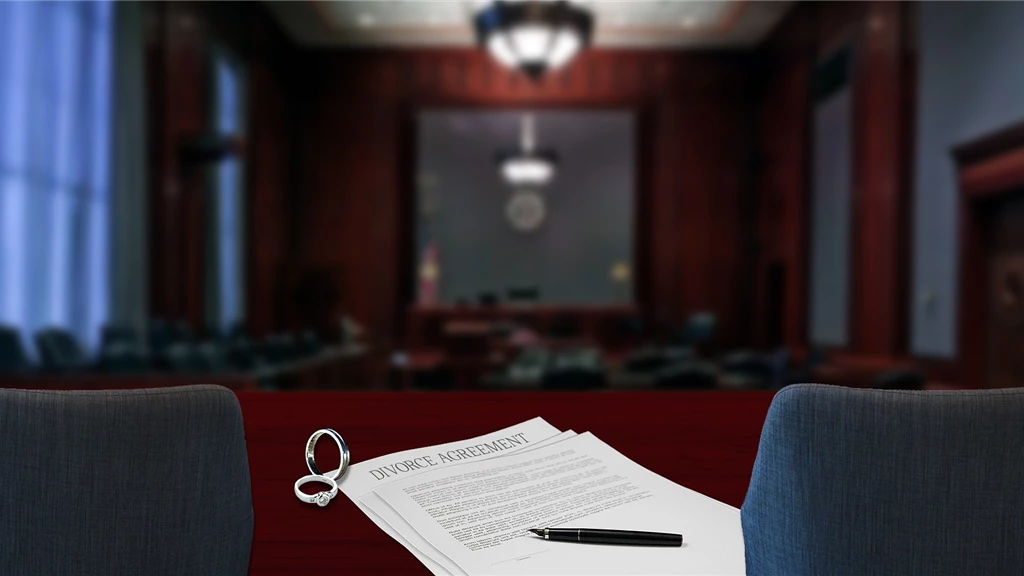A criminal defense lawyer is responsible for representing clients who have been charged with a criminal offense. They must be able to analyze the facts of the case and any applicable laws, then develop a strategy to defend their client. The lawyer must be proficient in courtroom proceedings and be able to present a strong case before the judge and jury. This requires a thorough knowledge of criminal law, as well as a keen eye for detail. The criminal defense lawyer must also be able to advise clients of their rights, as well as negotiate plea bargains in complex cases. They should also be able to provide advice on how to avoid future criminal liability and conduct effective mitigation to minimize any possible punishments.
Negotiating a plea bargain is a critical component of the criminal justice system and involves several steps. First, the prosecutor and the defense attorney meet to discuss the charges and negotiate a plea bargain. During these negotiations, the defendant may plead guilty in exchange for a reduced sentence, or for a less serious charge. In addition, the defendant may agree to accept a plea agreement, which contains specific conditions that must be met for the plea bargain to be accepted. Once both parties have agreed to the terms of a plea bargain, the defendant will do a plea colloquy in front of the Judge, acknowledging that the defendant understands all of his Constitutional rights to fight the criminal charges, as well as the maximum penalties he may receive he is found guilty by a jury of his peers. The defendant will finally acknowledge that he is accepting the plea offer freely and voluntarily and that he believes this plea is in his best interest. The court will likely impose a sentence based on the terms of the plea agreement. After the court has accepted the plea agreement and the sentence has been imposed, the defendant will serve out their sentence as specified.
A criminal defense lawyer serves an essential role during a jury trial. They prepare a legal strategy and use the evidence to successfully show a jury that the prosecutor has not proven the elements of the criminal charge beyond a reasonable doubt. During the trial, they cross-examine witness testimonies, make objections to improper questions, and present a closing argument. They are also responsible for ensuring the trial participant is granted their right to a fair trial and does not experience any form of discrimination. Criminal defense lawyers are elemental in protecting their client's constitutional rights.
Having quality legal representation is essential for anyone facing criminal charges. A qualified criminal defense lawyer can help protect one's rights and provide important legal advice as the case unfolds. A good lawyer can provide investigative services to uncover any evidence that could support the defense. By looking into all necessary avenues, the lawyer can provide effective legal advice to best guide the client through the criminal justice system. They provide court representation, working to present the strongest defense possible. A skilled lawyer will be able to advocate for you in the event of any important decisions that need to be made in court.












































